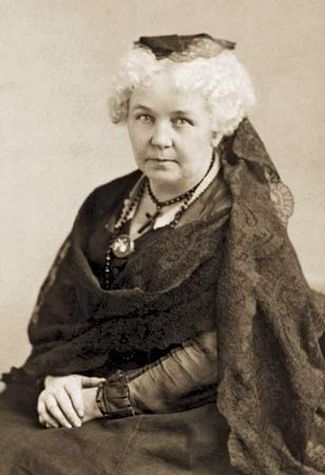1. When it comes to public speaking and interacting in a public setting, women use conversation to build rapport; while men tend to talk to report or give information. Women talk for interaction. Communication is a way to show involvement, while listening is a way to show interest. For males, conversation is how one negotiates his status in the group by showing dominance. Conversation is used to preserve ones independence. Females, on the other hand, use conversation to negotiate closeness and intimacy; talk is the essence of intimacy. From even these simple observations, one can see the potential problems when men and women communicate. Women create feelings of closeness by conversing with their friends and lovers. Men don't use communication in this way, so they can't figure out why women love to talk. Often men just tune their women out. Through the lens of a man a women’s language is seen as powerless; while the language of man is powerful. Women constantly find themselves as being framed one down rather than one up. When men do the majority of the talking in meetings women feel that they are dominating the current situation which inhibits them from participating: women often fail to voice their opinions because of the consequences she might face. Women often take more of a ‘backstage’ or ‘backseat’ approach; in other words women are more likely to be reserve while men are more likely to be the vocal ones. These differing styles can affect women in a myriad of different ways depending on the perspective (males or females point of view). If a woman is constantly dominated by her male counterpart in a work setting it may result in a loss of a job promotion or an invention for other men to treat her with disrespect. From a women’s perspective her communication skills allow her to take 'center stage' because she knows the appropriate times to change up her way of communicating.
Prevaricate: be deliberately ambiguous or unclear in order to mislead or withhold information.
